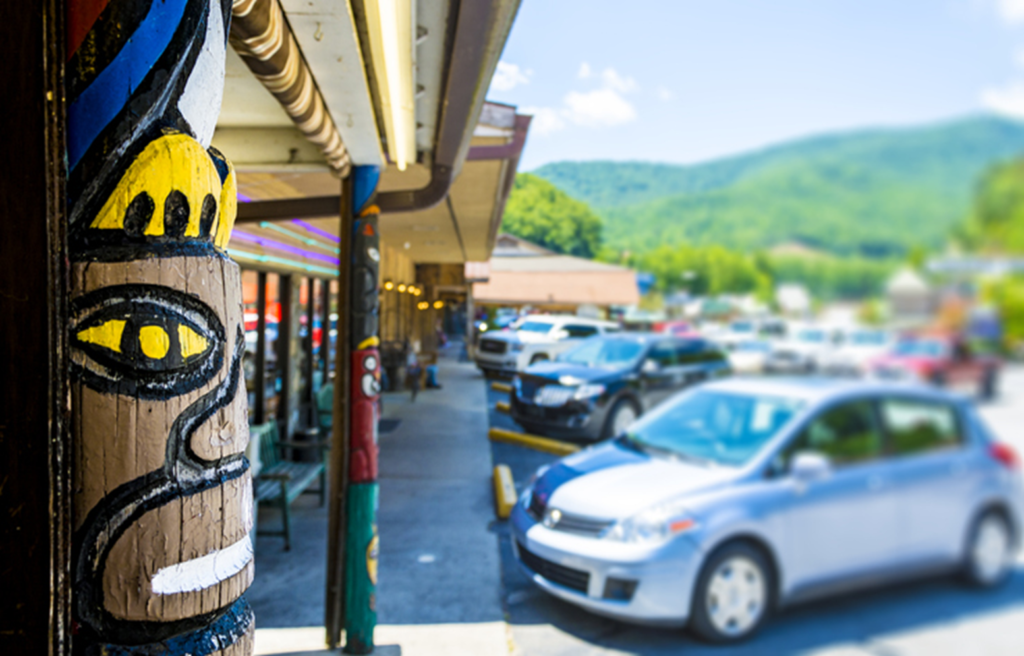
By L.A. Williams
Christian Action League
September 15, 2023
The Eastern Band of Cherokee Indians, having already embraced the sale of so-called medical marijuana, has now given its approval for anyone age 21 or over to purchase and use pot. A Sept. 7 referendum, which showed broad support for the psychoactive drug, requires the tribal council to set up ordinances to regulate the new marijuana market.
“While I respect the tribe’s right to make their own laws, I strongly believe this move goes against scientific evidence regarding the potential dangers of marijuana,” said the Rev. Mark Creech, executive director of the Christian Action League. “Numerous studies have shown that marijuana can have significant negative effects on both physical and mental health.”
He cited studies showing the drug’s adverse impact on brain development, particularly among adolescents and young adults, and said use of marijuana while the brain is still developing can hinder cognitive functions, impair memory and negatively affect IQ.
“Although legalization is for people 21 and older, it’s like alcohol, when it’s legal it’s much more accessible and considerably harder to keep out of the hands of youth,” Creech said. “Furthermore, the drug has been linked to increased rates of psychiatric disorders such as anxiety, depression and even psychosis.”
Despite the growing body of evidence showing marijuana’s negative effects on health, voters on the 57,000-acre Qualla Boundary approved the recreational use of pot by more than a two-to-one margin. The Cherokee land lies mainly in Swain and Jackson counties, with smaller out-parcels in Cherokee, Graham and Haywood counties.
Already the tribe has grown some $30 million worth of cannabis, which it expects to start selling as soon as December at the Great Smoky Cannabis Company dispensary, officials of Qualla Enterprises told The Charlotte Observer recently.
The tribe’s for-profit pot-dispensing company claims opening the door for recreational use will generate 400 new jobs. In an opinion piece featured on the Cherokee One Feather news site, officials said recreational use could generate payouts close to $5,600 to tribe members in the first year and as high as $12,000 by year five.
The Qualla Boundary will be the only place in North Carolina that allows the sale and use of recreational marijuana, another motivating factor for some members of the tribe who consider the move one of “courage and leadership,” according to the editorial. A separate and much more logical opinion piece published in the Cherokee One Feather pointed out the problems with legalizing pot.
“Problems associated with drug use don’t just magically go away because the drug becomes legal. Addiction and other health problems will continue to exist no matter the legal status of any drug. Legalization would only exacerbate these issues,” wrote Josh Holloway, a member of the Qualla Boundary’s Snowbird Community. “What’s baffling is the idea that someone would consider giving broad access to a known addictive drug to a population that already has a drug problem.”
“This can’t possibly be the legacy we leave to future generations,” he added.
The Rev. Creech shared Holloway’s disappointment in the EBCI decision.
“Many years ago, the Cherokee walked the awful Trail of Tears, as it was called,” Creech said. “I fear that marijuana legalization will take them down yet another trail of tears.”
